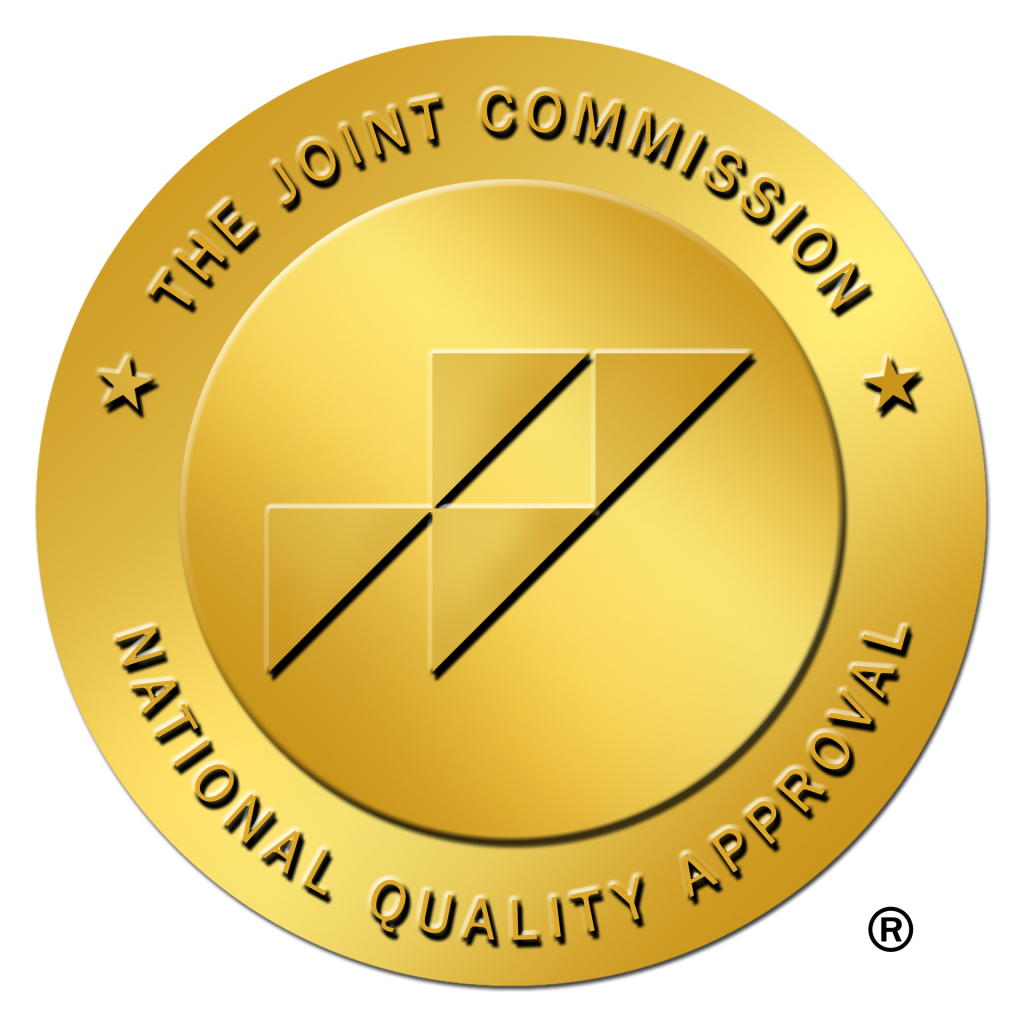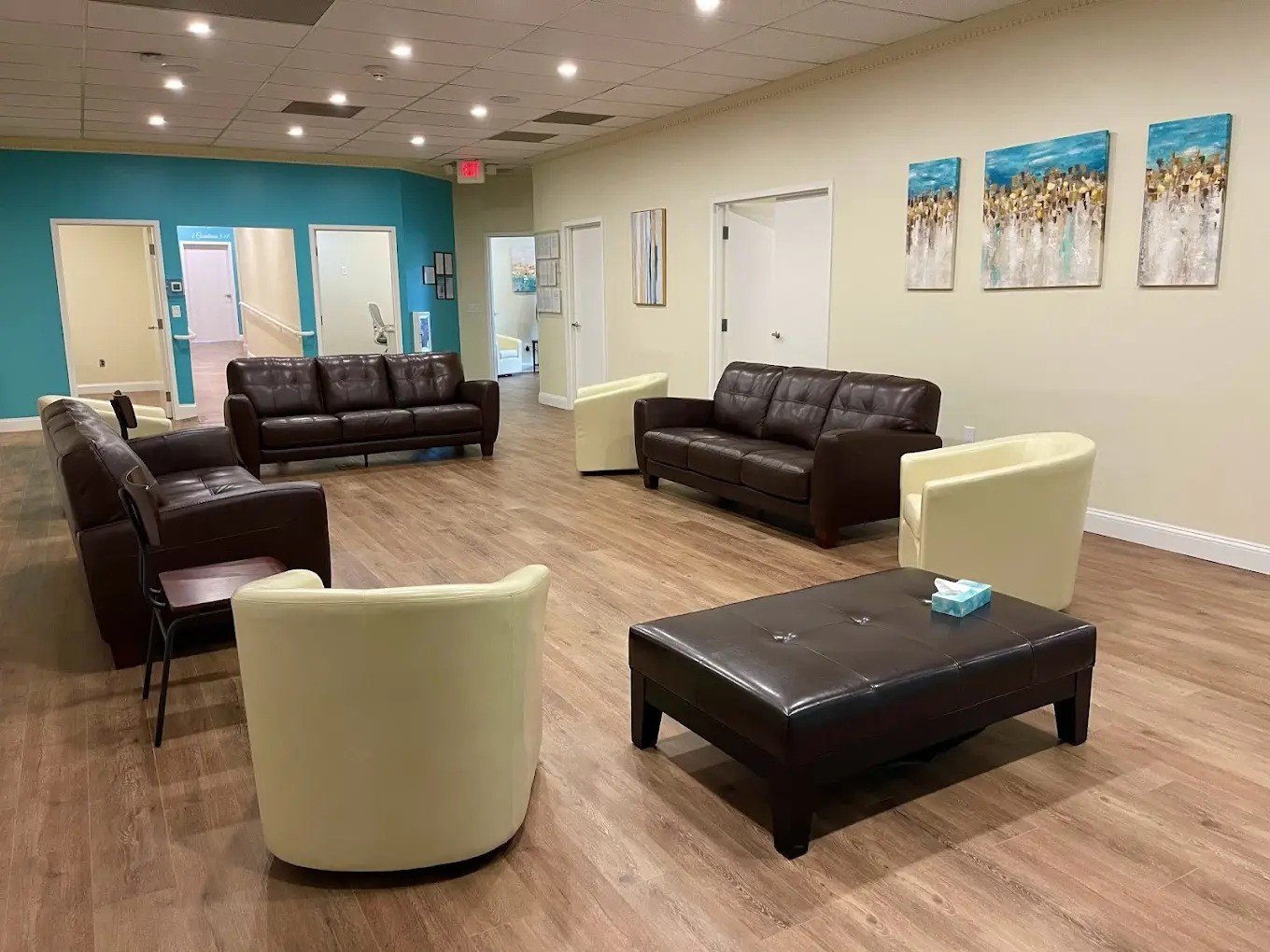Addiction Counseling Nj
The Importance of Addiction Counseling in NJ
In New Jersey, addiction counseling plays a vital role in the journey to recovery. With a wide array of treatment options available, specialized programs cater to individual needs. The state offers unique pathways to sobriety, addressing both substance use and mental health concerns.
New Chapter Recovery focuses on outpatient care, providing essential services for residents. Its personalized approach engages clients fully, aiding them in achieving long-term sobriety. Understanding the multifaceted nature of addiction is key to successful rehabilitation.
Services Offered by New Chapter Recovery
Outpatient Treatment Options
New Chapter Recovery offers a comprehensive range of outpatient services. These include Partial Hospitalization Program (PHP), Intensive Outpatient Program (IOP), and standard Outpatient Program (OP). Each plan is crafted to accommodate various life commitments while ensuring effective treatment.
PHP allows clients to return home in the evenings, fostering family engagement. IOP provides flexibility for those balancing work or educational responsibilities. OP serves as a step-down for continued care, ensuring relapse prevention.
Personalized Counseling Methods
The center uses an individualized approach to addiction counseling NJ. A multidisciplinary team develops treatment plans tailored to each client’s unique needs. This includes evidence-based therapies such as CBT and DBT.
Therapists incorporate motivational interviewing and experiential therapy techniques. These methods aim to instill lasting coping mechanisms and self-awareness. Every session is designed to promote a stronger, more positive mindset.
Specialty Treatment Tracks
New Chapter Recovery features diverse specialty tracks. Programs like animal-assisted therapy offer innovative treatment avenues. Veterans can access specific care options through VA and Tricare benefits.
Faith-based recovery options are available for those seeking spiritual guidance. Treatment for co-occurring conditions is integrated, addressing mental health alongside addiction. These specialized programs enhance the therapeutic experience.
The Role of Family in Addiction Recovery
Family plays a crucial part in the addiction recovery process. New Chapter Recovery provides family support services to involve loved ones. This involvement can significantly impact the success of treatment outcomes.
By educating families on addiction dynamics, the center fosters understanding and empathy. Family support groups offer shared experiences, creating a network of encouragement. Engaging families helps build a supportive environment for sustained recovery.
Integrated Dual Diagnosis Model
Addressing dual diagnoses is a cornerstone of effective addiction counseling NJ. Co-occurring mental health conditions are treated alongside substance use disorders. This holistic approach is crucial for comprehensive recovery.
New Chapter Recovery utilizes trauma-informed clinical practices to support clients. By integrating mental health care into addiction treatment, underlying issues are effectively managed. Clients benefit from a cohesive therapeutic process that considers all aspects of their well-being.
The Benefits of Medication-Assisted Treatment
Medication-assisted treatment (MAT) is a critical component of many recovery journeys. In NJ, it is implemented to stabilize clients and reduce withdrawal symptoms. MAT is particularly effective for opioid and alcohol dependencies.
New Chapter Recovery incorporates MAT into personalized treatment plans. This helps clients manage cravings and prevents relapse. Combining medication with counseling ensures a balanced approach to recovery.
Targeting Working Professionals and Veterans
Flexible scheduling options accommodate working professionals in NJ. New Chapter Recovery offers day and evening sessions for those balancing careers. This adaptability ensures accessibility for individuals with demanding lifestyles.
Veterans receive specialized care through tailored programs. Tricare and VA benefits facilitate access to necessary services. These targeted approaches meet the distinct needs of diverse client bases.
Measuring Clinical Outcomes
Accurate measurement of clinical outcomes is essential for effective addiction counseling NJ. New Chapter Recovery sets individualized goals to track client progress. This data-driven approach ensures transparency and accountability in treatment.
Therapists utilize various therapeutic modalities to gauge success. CBT, DBT, and ACT are applied to foster cognitive and behavioral changes. The center emphasizes continual improvement and adaptation based on measurable results.
Client feedback is regularly solicited to enhance the therapeutic process. Adjustments are made to treatment plans based on this valuable input. By prioritizing outcomes, the center maintains a high standard of care.
Aftercare Planning and Community Reintegration
Successful recovery extends beyond initial treatment phases. New Chapter Recovery emphasizes thorough aftercare planning. Coordinated support assists clients in transitioning back into community life.
Structured aftercare plans are designed to maintain sobriety. Follow-up sessions and support groups bolster continued recovery efforts. By focusing on community reintegration, the center helps clients rebuild their lives post-treatment.
Ensuring ongoing support is vital for sustained success. Clients are encouraged to engage with local resources and networks. This comprehensive system aids long-term maintenance of recovery.
What is the significance of addiction counseling in New Jersey, and how does it address the unique needs of individuals in this region?
In New Jersey, addiction counseling is a cornerstone of effective recovery strategies, especially given the state’s diverse population and its specific challenges with substance use disorders. New Chapter Recovery, for instance, provides tailored outpatient programs that cater to the busy lifestyles of working professionals and veterans, acknowledging the unique socio-economic and cultural backdrop of New Jersey communities. This approach ensures that treatment is not only accessible but also attuned to the individual’s life circumstances. Recent studies have shown that when treatment is personalized, patients are more likely to engage and stay committed, leading to better outcomes. Have you ever considered how your environment might influence your recovery journey?
How does involving family in addiction recovery enhance the treatment process at New Chapter Recovery?
Family involvement is crucial because it provides a support network that can reinforce the recovery process. At New Chapter Recovery, family support services educate relatives on addiction dynamics, creating a more empathetic and supportive environment. This is important because addiction doesn’t only affect the individual but the family as a whole. By fostering understanding and shared experiences through family support groups, the treatment becomes a collaborative effort, which can significantly improve the likelihood of long-term recovery. Imagine a family attending a session together, each member gaining insights into the struggles faced by their loved one–this shared journey can be a powerful motivator for positive change. What role has your family played in your own health or recovery journeys?
What are the main benefits of integrating medication-assisted treatment (MAT) in addiction counseling programs in NJ?
Medication-assisted treatment (MAT) is a critical component of modern addiction treatment, offering a balanced approach that combines medication with counseling. This method is particularly effective for opioid and alcohol dependencies. At New Chapter Recovery, MAT helps stabilize clients by reducing withdrawal symptoms and cravings, which allows them to focus on other therapeutic aspects like counseling and behavior change. It’s like having a safety net that prevents relapse while you build new coping skills and lifestyle habits. Research consistently supports MAT’s effectiveness, noting that it can dramatically reduce the risk of relapse and enhance overall treatment outcomes. Have you ever considered how medication could play a role in creating a stable foundation for your recovery?
How does New Chapter Recovery’s integrated dual diagnosis model enhance the treatment of individuals with co-occurring disorders?
New Chapter Recovery’s dual diagnosis model provides a holistic treatment approach that simultaneously addresses mental health and substance use disorders. This integrated treatment is crucial because untreated mental health issues can often exacerbate addiction problems and vice versa. By leveraging trauma-informed clinical practices, this model ensures that clients receive comprehensive care that tackles all aspects of their well-being. It’s like weaving a net that catches every facet of a person’s struggles, offering them the support they need to heal on multiple levels. Have you ever thought about how interconnected mental health and addiction truly are?
What makes New Chapter Recovery’s personalized counseling methods effective, and how do they cater to individual needs?
Personalized counseling at New Chapter Recovery involves crafting individualized treatment plans that incorporate evidence-based therapies like Cognitive Behavioral Therapy (CBT) and Dialectical Behavior Therapy (DBT). This approach recognizes that each person’s experience with addiction is unique, and therefore their pathway to recovery should be uniquely tailored. The use of motivational interviewing and experiential therapies further enriches the counseling process by building self-awareness and coping skills. Picture a therapist who not only listens but adapts their strategy to best fit your personal journey–this kind of customized care can make a significant difference in recovery outcomes. How do you see personalized care impacting other areas of your life?
Why is measuring clinical outcomes important in addiction treatment, and how does New Chapter Recovery implement this?
Measuring clinical outcomes is vital as it allows for the evaluation and improvement of treatment effectiveness. At New Chapter Recovery, individualized goals and therapeutic modalities are used to track client progress. This approach ensures that treatment plans are dynamic and evidence-based, adapting to the client’s evolving needs. Think of it like a GPS for recovery, constantly recalibrating to ensure the best route towards long-term sobriety. Regular feedback from clients also plays a crucial role, helping therapists refine their approaches. Have you ever kept track of your personal goals and noticed how it helped you stay motivated?
How does New Chapter Recovery facilitate aftercare planning and what role does it play in community reintegration?
Aftercare planning is essential as it provides a roadmap for maintaining sobriety once initial treatment concludes. New Chapter Recovery emphasizes structured aftercare with follow-up sessions and support groups, which are critical for successful community reintegration. This ongoing support helps clients rebuild their lives by encouraging them to engage with local resources and networks. Imagine transitioning from treatment back into everyday life with a safety net of peer support and professional guidance–that can make all the difference in sustaining recovery. How do you think community involvement impacts long-term success in recovery?
Resources
- Substance Abuse and Mental Health Services Administration (SAMHSA) – SAMHSA is the leading agency for behavioral health in the United States, providing resources and information on substance abuse treatment and mental health services.
- National Alliance on Mental Illness (NAMI) – NAMI is a grassroots organization offering support, education, and advocacy for individuals and families affected by mental illness.
- National Institute on Drug Abuse (NIDA) – NIDA is a government organization dedicated to advancing addiction science and providing evidence-based information on drug abuse and addiction treatment.
- American Psychiatric Association (APA) – The APA is a professional organization representing psychiatrists in the United States, offering resources on mental health, including addiction and substance use disorders.
- National Recovery Month – National Recovery Month is an observance held every September to promote and support recovery from mental health and substance use disorders, highlighting the importance of treatment and recovery.






